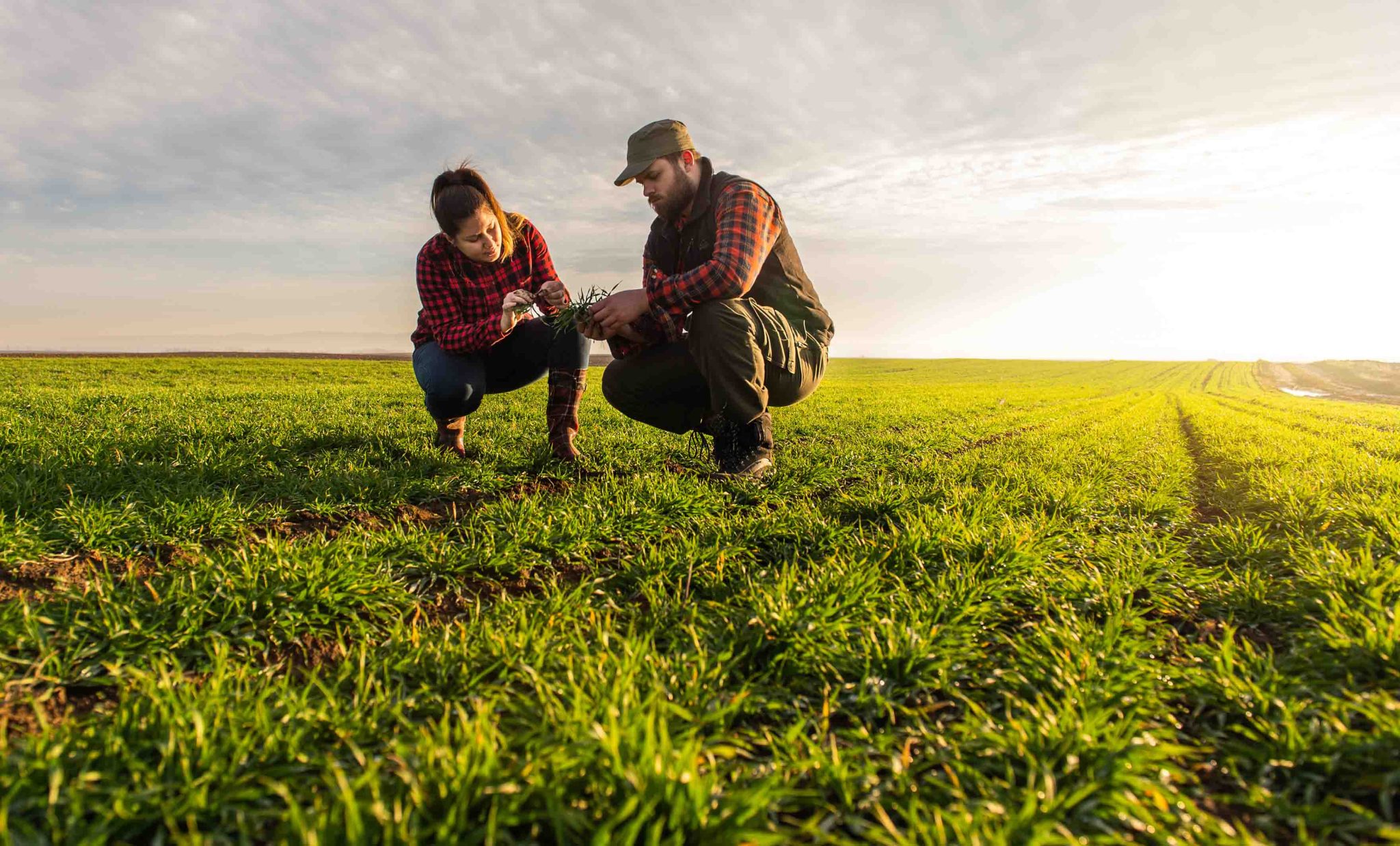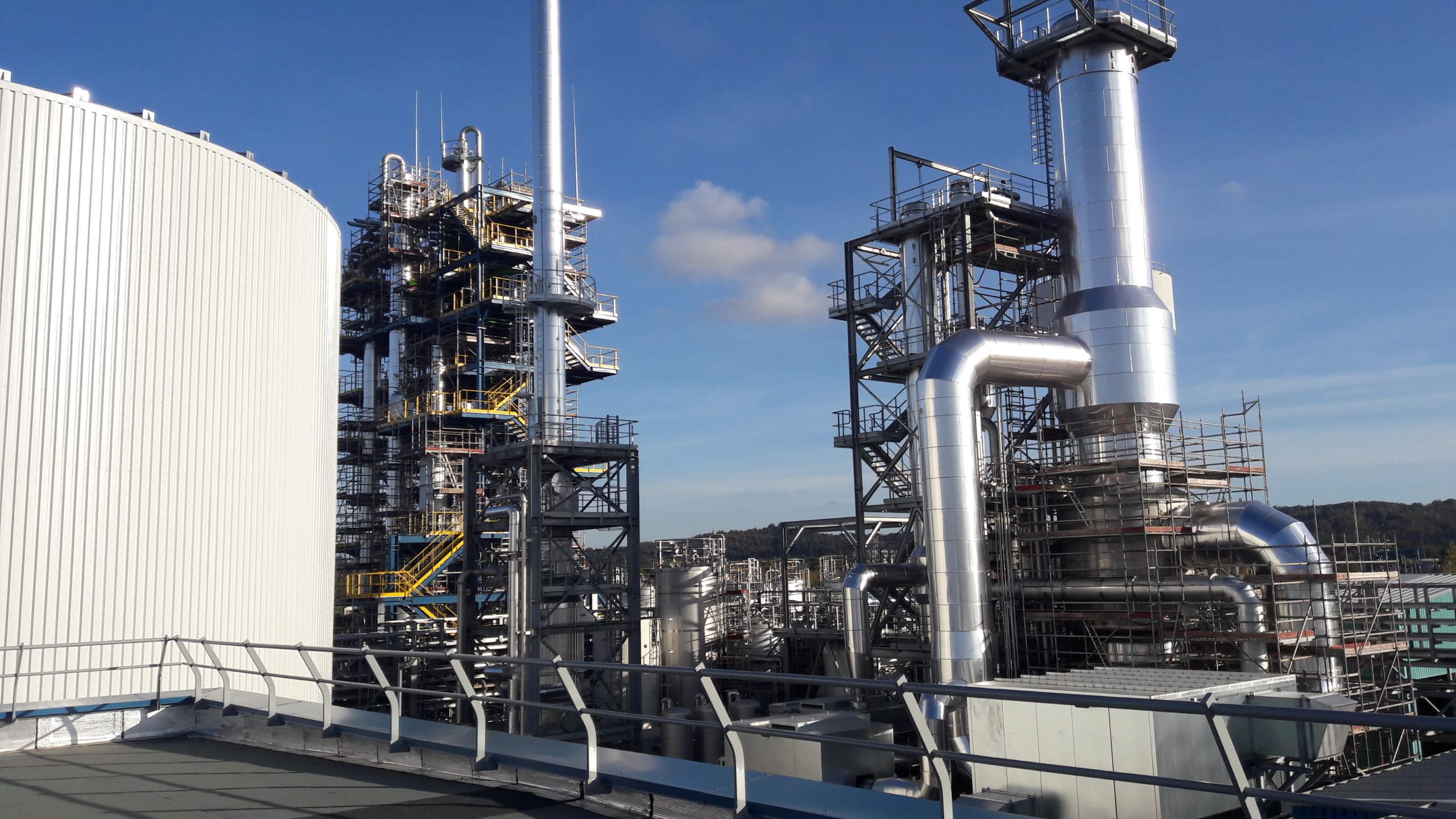Retour page d’accueil • Feeding the world with a circular model: no waste, more gain
Feeding the world with a circular model: no waste, more gain
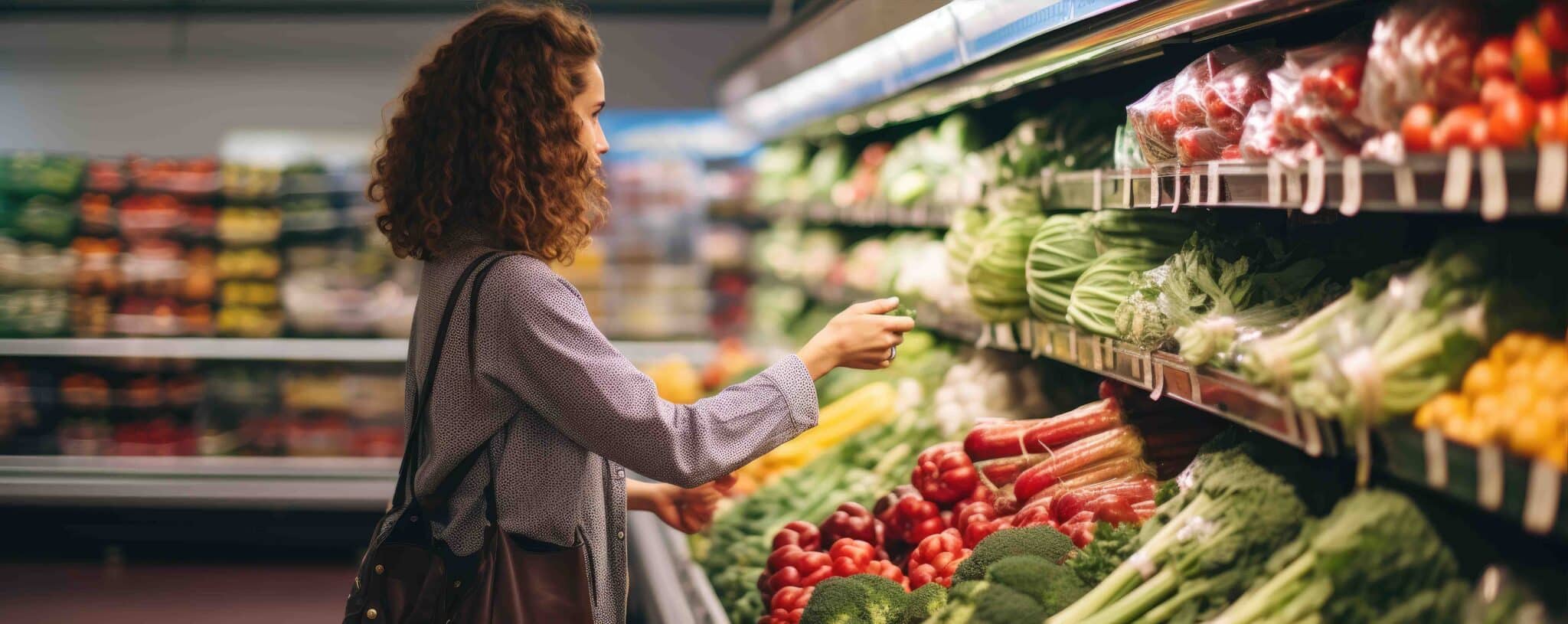
Today, more than half of all companies say they are committed to sustainable development, but it is becoming increasingly clear that reconciling environmental and economic performance involves many difficult choices. Only 21% of companies have a clear roadmap for implementing their sustainability strategies. At AFYREN, we believe that sharing knowledge and experience can contribute to a more sustainable future. In our blog posts, we seek to share the expertise we have developed on our own journey toward a sustainable, circular business model.
In this overall objective, agriculture and the food industry have important roles, not only because they have to fulfill one of our basic needs, but also because their environmental footprints are meaningful. Globally, we use around 70% of freshwater withdrawal for agriculture and food is responsible for about 26% of greenhouse gas emissions.
This article is the first in a series that will address the complex issues we face in these sectors by humbly presenting what we are trying to achieve at AFYREN.
Solving the food waste problem
Earth’s population soared past the 8 billion mark on Nov. 15th, 2022, according to United Nations figures, up from an estimated 2.5 billion people in 1950. For decades, the food industry broke through productivity barriers to meet demand, largely relying on mechanization, agrochemistry and deforestation.
This model is putting enormous pressure on resources and the environment. Food production can affect biodiversity and accounts for a third of global greenhouse gas emissions.
[…]
Recent shortages of cereals and cooking oils are a reminder that globalization has made every country’s food supplies more sensitive to global market fluctuations, geopolitics, and commercial agreements. Tragically, while almost 3 people out of 10 are suffering from moderate to severe food insecurity, 17% of global food production goes to waste (931 million metric tons).
[…]
Food waste affects everyone
The carbon footprint of global food waste is shocking. Every country, company and household should focus on reducing it. Between 8% and 10% of global greenhouse gas emissions are related to food that is not consumed, according to a 2021 United Nations study. If food waste were a country, it would be the third-largest emitter.
FYREN has had a «no waste» philosophy from the very beginning. The raw materials we use to replace petroleum-based feedstock in the production of our biobased chemicals are co-products from sugar beet refining that we revalorize or “upcycle.”
We constantly consider ways we can improve our efforts to follow the main principles of a circular economy:
- Eliminating waste and pollution
- Circulating products and materials (at their highest value)
- Regenerating nature
[…]
Helping food producers and consumers cut waste naturally
According to the 2021 United Nations study, 61% of food waste happens at the household level, particularly in families that are financially better off than most. Food producers can help consumers reduce food waste by improving conservation and taking this mission as a shared responsibility. The challenge is to use products that extend shelf life with natural, high quality ingredients.
AFYREN is actively participating in the effort to meet this challenge. For instance, under our VITAFYREN™ brand, we offer propionic acid for biobased calcium propionate and biobased acetic acid for calcium acetate used by bakeries or meat processors to extend shelf-life and slow down mold development.
[…]
Last news
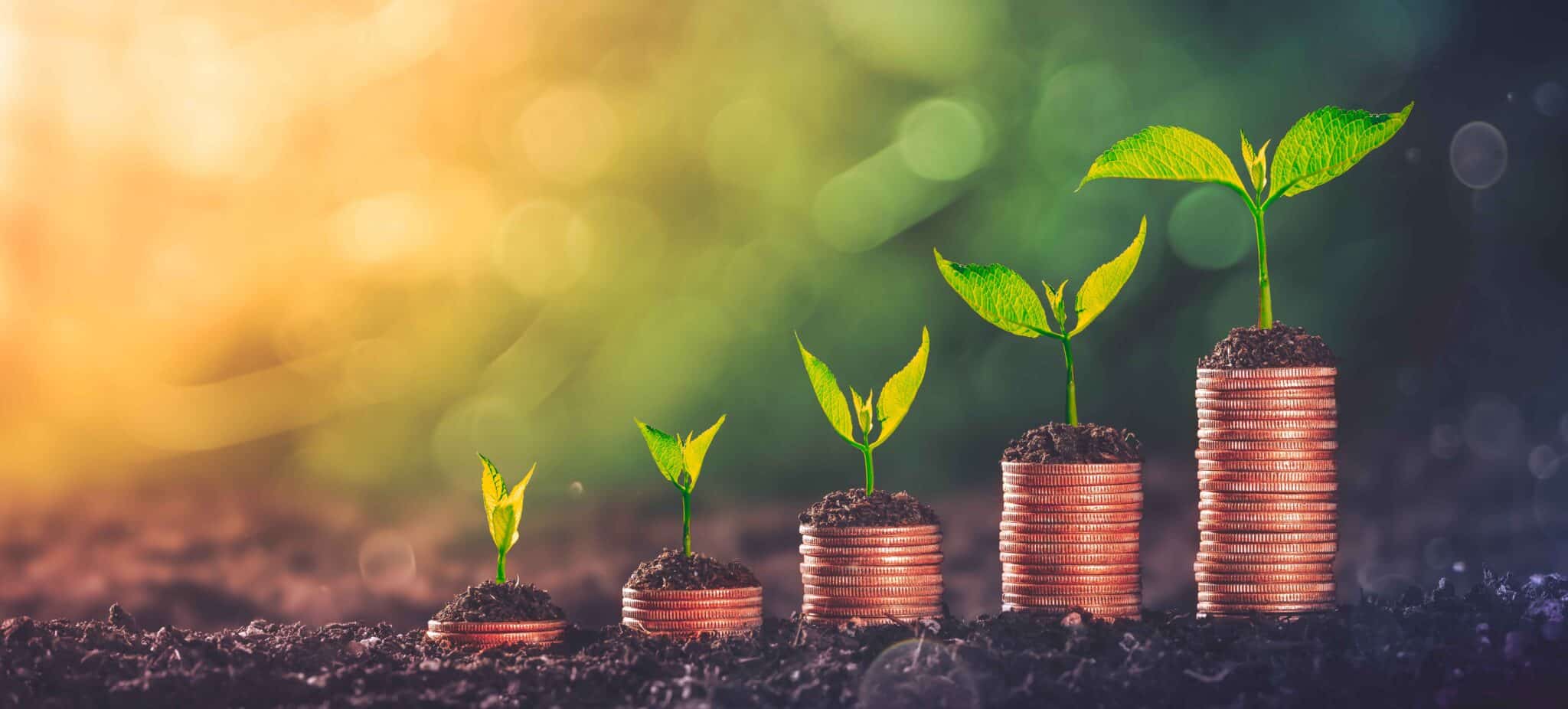
AFYREN NEOXY: first significant revenue and growing production in 2025
News post Press release
AFYREN confirms drawdown of €7 million in previously secured financing for its subsidiary AFYREN NEOXY
News post Press release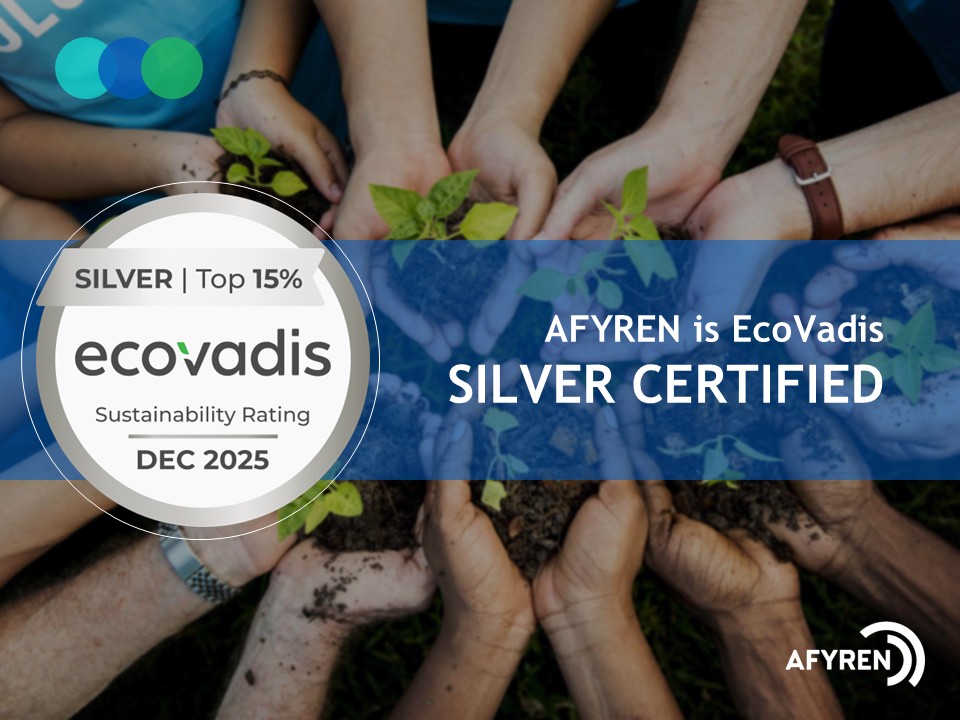
AFYREN awarded Silver Medal by EcoVadis for CSR performance, ranking in the top 8% worldwide
Press release
AFYREN and ESSE Skincare begin partnership to offer 100% natural cosmetic solutions with enhanced skincare performance.
Press release
AFYREN raises €23 million through share capital increase to finance optimization and expansion of unique biorefinery AFYREN NEOXY
Press release
Deforestation – Turning compliance with EUDR into an innovation driver
Publication